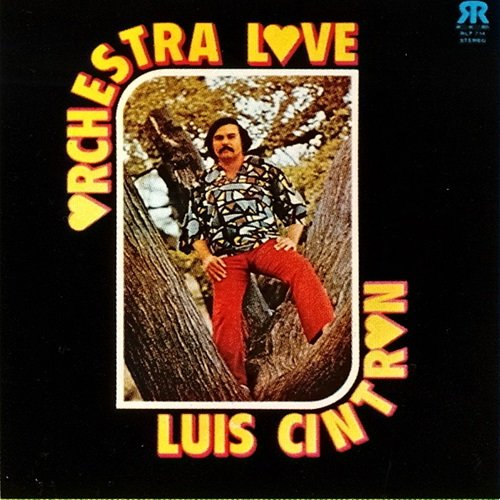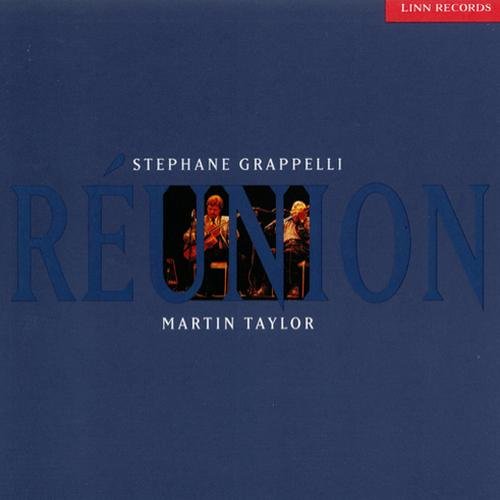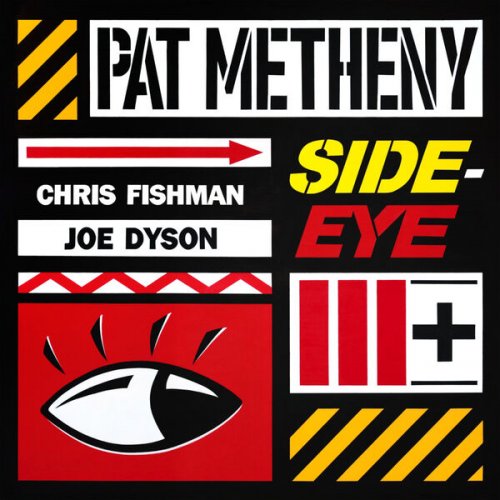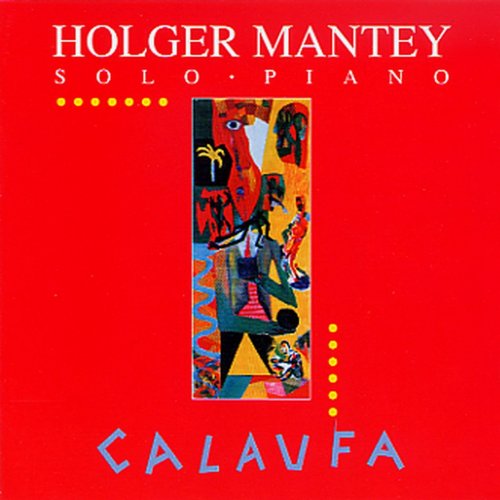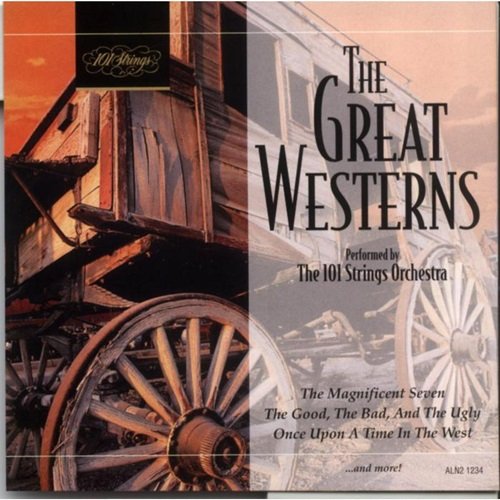The Nu Band - In Memory of Mark Whitecage (2022)
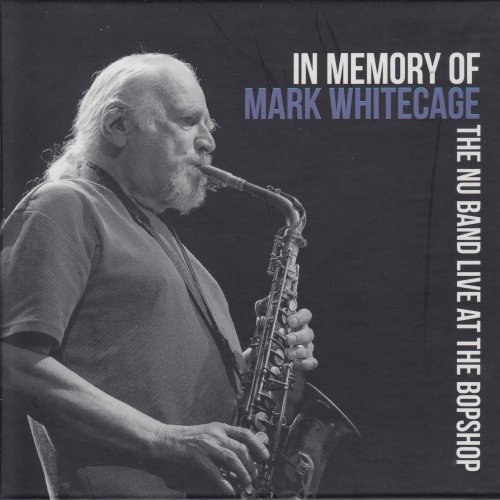
Artist: The Nu Band
Title: In Memory of Mark Whitecage
Year Of Release: 2022
Label: Not Two Records
Genre: Jazz, Avant-Garde
Quality: FLAC (tracks)
Total Time: 63:47 min
Total Size: 330 MB
WebSite: Album Preview
Tracklist:Title: In Memory of Mark Whitecage
Year Of Release: 2022
Label: Not Two Records
Genre: Jazz, Avant-Garde
Quality: FLAC (tracks)
Total Time: 63:47 min
Total Size: 330 MB
WebSite: Album Preview
1. Prayer for the Water Protectors (Live)
2. Five O'Clock Follies (Live)
3. One for Roy (Live)
4. The Closer You Are, the Further It Gets (Live)
5. Christophe and Ornette (Live)
6. Minor Madness (Live)
7. Dark Dawn in Aurora (Live)
One of the underappreciated veterans of free jazz, Mark Whitecage passed away in March of 2021, leaving a well-established legacy of strong recordings in which his searing yet soulful alto saxophone merged with many of the more visible figures on the scene. Joe McPhee, Anthony Braxton, and Annette Peacock are just a few of the luminaries who partnered with Whitecage over the years. Perhaps his most fruitful period was the late 1990s and early 2000s, alongside the musicians in the CIMP/Cadence orbit—folks like Jay Rosen, Dominic Duval, Paul Smoker, Lou Grassi, and Joe Fonda. Drummer Grassi and bassist Fonda comprise the rhythm section of the Nu Band, a quartet that first included trumpeter Roy Campbell and then, after Campbell's passing in 2014, added cornetist/trumpeter Thomas Heberer to the lineup. As this group provided the context for most of Whitecage's recorded work in the 2010s, it's only fitting that it is the vehicle for this stimulating live outing recorded in 2018 at Rochester, New York's BopShop—a release that now serves as a touching tribute to the departed altoist.
Whitecage is in top form here, with a biting intensity leavened by a folsky lyricism; even during his most heated proclamations there's a generous warmth that makes its presence felt. Fonda's "Minor Madness" may be the best glimpse of Whitecage's duality: his upper-register potency is fearsome, but just as crucial is his deep sensitivity, heard during a richly-hued solo over the freely-roving pulse provided by Fonda and Grassi. All the tracks exhibit a tuneful dimension: Grassi's somber "Dark Dawn in Aurora" has a melodic poignancy explored to the full by Heberer, even once Whitecage joins in with a furious flurry; and Heberer's homage to Campbell, "One for Roy," sees the two horns in a sensitive dialogue with Grassi and Fonda, as the piece continually threatens to burst forth with energy.
Of all its strengths, the group is undeniably at its best when it finds its groove. Whitecage's "Five O'clock Follies" is a ten-minute whirlwind of free-bop, whether Fonda is locking in tight with Grassi during a tenacious solo, or Whitecage and Heberer are crafting their own sinuous statements, independently or in tandem. And while the first half of "Christophe and Ornette" gives the band a chance to stretch out a bit, Whitecage taking a turn on the clarinet while Fonda gets out his flute for a three-part horn conversation, the second half really takes flight, with Fonda's resumption of bass duties throwing out a driving ostinato that Grassi digs into with a funky fervency, unleashing fresh torrents from Heberer and Whitecage.
As Whitecage was essential to the identity of the Nu Band, it's an open question whether the group will soldier on without him. But even if that doesn't happen, this performance serves as an apt remembrance of his distinctive talents and his special rapport with these longstanding musical colleagues.
Whitecage is in top form here, with a biting intensity leavened by a folsky lyricism; even during his most heated proclamations there's a generous warmth that makes its presence felt. Fonda's "Minor Madness" may be the best glimpse of Whitecage's duality: his upper-register potency is fearsome, but just as crucial is his deep sensitivity, heard during a richly-hued solo over the freely-roving pulse provided by Fonda and Grassi. All the tracks exhibit a tuneful dimension: Grassi's somber "Dark Dawn in Aurora" has a melodic poignancy explored to the full by Heberer, even once Whitecage joins in with a furious flurry; and Heberer's homage to Campbell, "One for Roy," sees the two horns in a sensitive dialogue with Grassi and Fonda, as the piece continually threatens to burst forth with energy.
Of all its strengths, the group is undeniably at its best when it finds its groove. Whitecage's "Five O'clock Follies" is a ten-minute whirlwind of free-bop, whether Fonda is locking in tight with Grassi during a tenacious solo, or Whitecage and Heberer are crafting their own sinuous statements, independently or in tandem. And while the first half of "Christophe and Ornette" gives the band a chance to stretch out a bit, Whitecage taking a turn on the clarinet while Fonda gets out his flute for a three-part horn conversation, the second half really takes flight, with Fonda's resumption of bass duties throwing out a driving ostinato that Grassi digs into with a funky fervency, unleashing fresh torrents from Heberer and Whitecage.
As Whitecage was essential to the identity of the Nu Band, it's an open question whether the group will soldier on without him. But even if that doesn't happen, this performance serves as an apt remembrance of his distinctive talents and his special rapport with these longstanding musical colleagues.
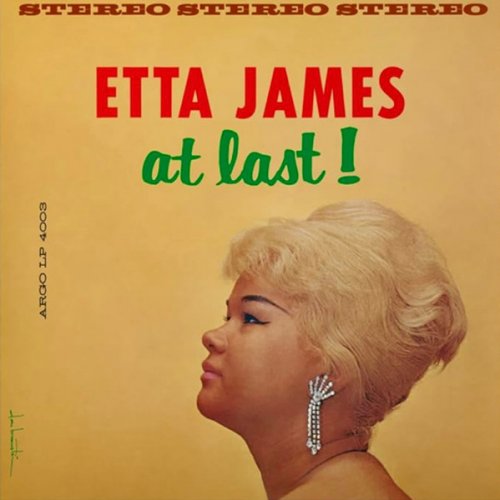
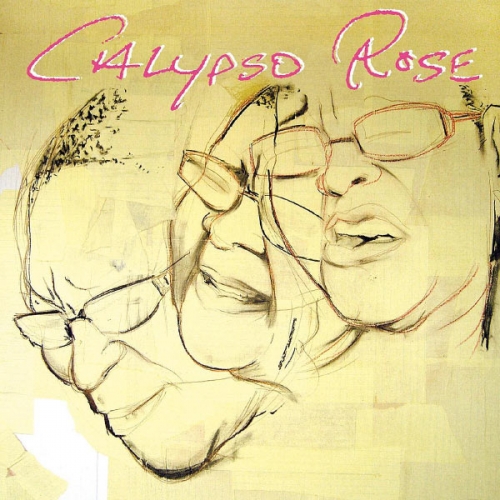
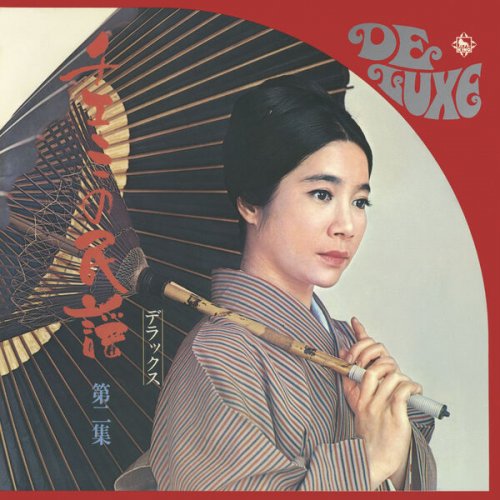
![Chad Lefkowitz-Brown - City Spirit (2026) [Hi-Res] Chad Lefkowitz-Brown - City Spirit (2026) [Hi-Res]](https://www.dibpic.com/uploads/posts/2026-02/1772171883_y3mc4z2lmsr7a_600.jpg)
